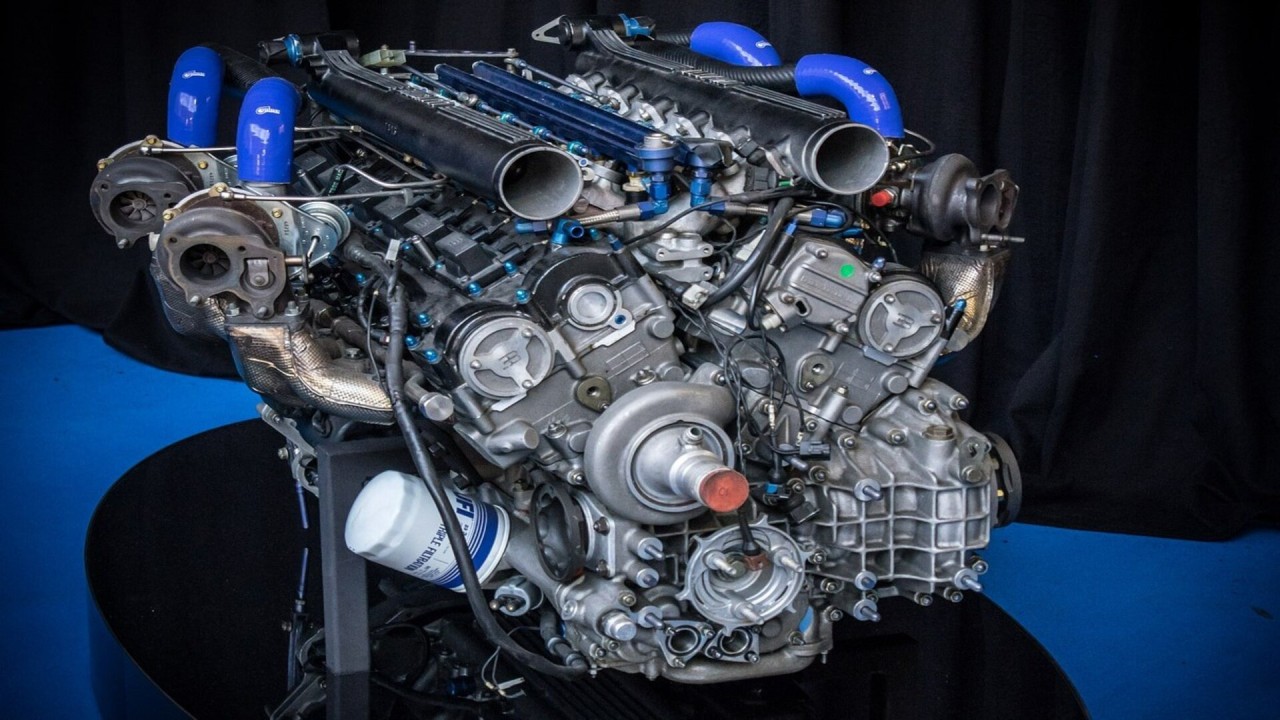A Full Guide to Picking the Right Engine for Your Project
Choosing the suitable engine for your job is an important choice that can significantly impact its total success. Each of these components plays a pivotal duty in ensuring that your selected engine not just fulfills instant purposes but additionally straightens with lasting desires.
Specify Your Task Requirements
Defining your task requires is a critical action in picking the ideal engine for successful implementation. A thorough understanding of your task's goals will certainly direct you in identifying the capabilities and attributes needed from an engine. Begin by outlining the extent of your project, consisting of the desired capability, target market, and the certain outcomes you intend to achieve.
Next, consider the technical needs that line up with your job goals. This consists of evaluating the compatibility of the engine with existing systems, in addition to the programming languages and structures that will certainly be utilized. In addition, assess the degree of scalability required to accommodate future growth or adjustments in demand.
Budget restraints also play a crucial duty in defining your job requires. Develop a clear financial framework to lead your decision-making process, guaranteeing that the engine picked fits within your spending plan while offering the needed capability.
Evaluate Efficiency Needs

Engines that sustain horizontal scaling are typically preferable for bigger applications. In addition, evaluate the engine's efficiency under various problems, such as peak usage circumstances, to ensure it fulfills your dependability standards.
Consider Ease of Usage
While technological requirements are crucial, the simplicity of use of an engine can dramatically affect the development procedure and general task success. An instinctive user interface, clear paperwork, and structured operations can drastically minimize the understanding contour for developers, allowing them to concentrate on creativity and problem-solving instead than facing complex tools.
When examining an engine's ease of use, think about the onboarding experience. A well-structured introduction, complete with tutorials and sample jobs, can help with a smoother change for new individuals. Furthermore, the clearness and comprehensiveness of the engine's documents play a critical role; extensive overviews and API referrals can empower developers to troubleshoot and execute attributes successfully.
An engine that enables for very easy modifications can be much more easy to use, as designers can customize it to fit their specific demands without extensive trouble. Inevitably, go to these guys choosing an engine that focuses on simplicity of usage can lead to a much more enjoyable and efficient growth experience.
Assess Neighborhood and Support
The strength of an engine's community and assistance network can greatly influence a developer's experience and success. A vivid neighborhood commonly suggests a wealth of shared understanding, sources, and fixing aid that can official statement enhance your job's growth process. When assessing an engine, think about the size and activity level of its community. Bigger areas commonly offer more discussion forums, tutorials, and third-party plugins, enabling developers to find solutions extra efficiently.
Furthermore, assess the accessibility of official assistance channels. Reputable documentation, responsive customer support, and routine updates are crucial for addressing technical concerns and keeping your project on course. Engines For Africa. Energetic neighborhoods likewise cultivate partnership, offering possibilities for networking and responses, which can be invaluable, especially for little groups or independent programmers
In addition, investigate the presence of community-run events, such as meetups or hackathons. These celebrations can improve your understanding of the engine while attaching you with possible partners and skilled customers. In recap, a robust community and support system not only simplify growth however also create a setting for discovering and technology, ultimately enhancing the likelihood of your job's success.
Compare Expense and Licensing Options
Spending plan considerations play a vital function in selecting the right engine for your job, as the expense and licensing alternatives can significantly affect both short-term expenses and long-term practicality. Engines For Africa. Different engines use their website differing prices frameworks, which can consist of one-time purchase fees, registration models, or revenue-sharing contracts based on your job's earnings

Licensing options likewise vary considerably. Some engines are open-source, supplying versatility and community-driven support, while others might require exclusive licenses that restrict usage and distribution. Understanding the implications of each licensing model is crucial, as it influences possession civil liberties, future scalability, and prospective lawful commitments.
Conclusion
To conclude, choosing the suitable engine for a task requires a detailed evaluation of specified task demands, efficiency demands, ease of usage, neighborhood support, and cost considerations. By systematically addressing these essential elements, decision-makers can make certain placement with both current and future job needs. An educated selection eventually enhances the possibility of project success, enabling reliable source appropriation and making the most of prospective results within the specified budgetary restrictions.
Choosing the ideal engine for your job is an important choice that can considerably affect its overall success.Specifying your task needs is a critical step in choosing the appropriate engine for successful implementation. An extensive understanding of your task's goals will certainly guide you in determining the features and capacities needed from an engine.Once you have a clear understanding of your job needs, the next step is to assess the efficiency needs of the engine.In verdict, choosing the proper engine for a project requires a comprehensive analysis of specified job demands, performance demands, convenience of use, neighborhood support, and cost considerations.